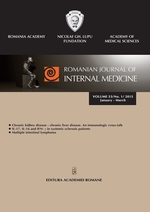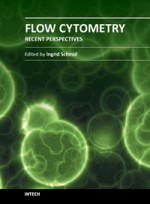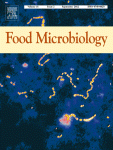 When two surgeons in Greece learned that a patient had developed a rare side effect following weight loss surgery, they were eager to publish the case.
When two surgeons in Greece learned that a patient had developed a rare side effect following weight loss surgery, they were eager to publish the case.
After extensive testing, the patient was diagnosed with Wernicke’s encephalopathy—a neurological disorder caused by thiamine deficiency—following a sleeve gastrectomy procedure. As the authors note in the paper, they had seen only eight other cases following the procedure in the literature.
It turns out, theirs was not the ninth. After the patient unfortunately died, he was examined by a coroner, who ruled he did not, in fact, have Wernicke’s encephalopathy. So Dimitrios Manatakis and Nikolaos Georgopoulos, both based at Athens Naval and Veterans Hospital in Greece, have retracted their 2014 case study.
When the first learned of the patient, the authors wanted to alert the surgical community to the case, given the rarity of this side effect, Manatakis told us: Continue reading Patient misdiagnosed with rare neurological side effect in retracted case study
 A researcher in Greece has issued extensive — what we sometimes call “
A researcher in Greece has issued extensive — what we sometimes call “
 A publisher has retracted a chapter from a book on flow cytometry after determining the authors plagiarized some material — but noted that because the authors cited the article they lifted from, they likely acted “in good faith.”
A publisher has retracted a chapter from a book on flow cytometry after determining the authors plagiarized some material — but noted that because the authors cited the article they lifted from, they likely acted “in good faith.”


